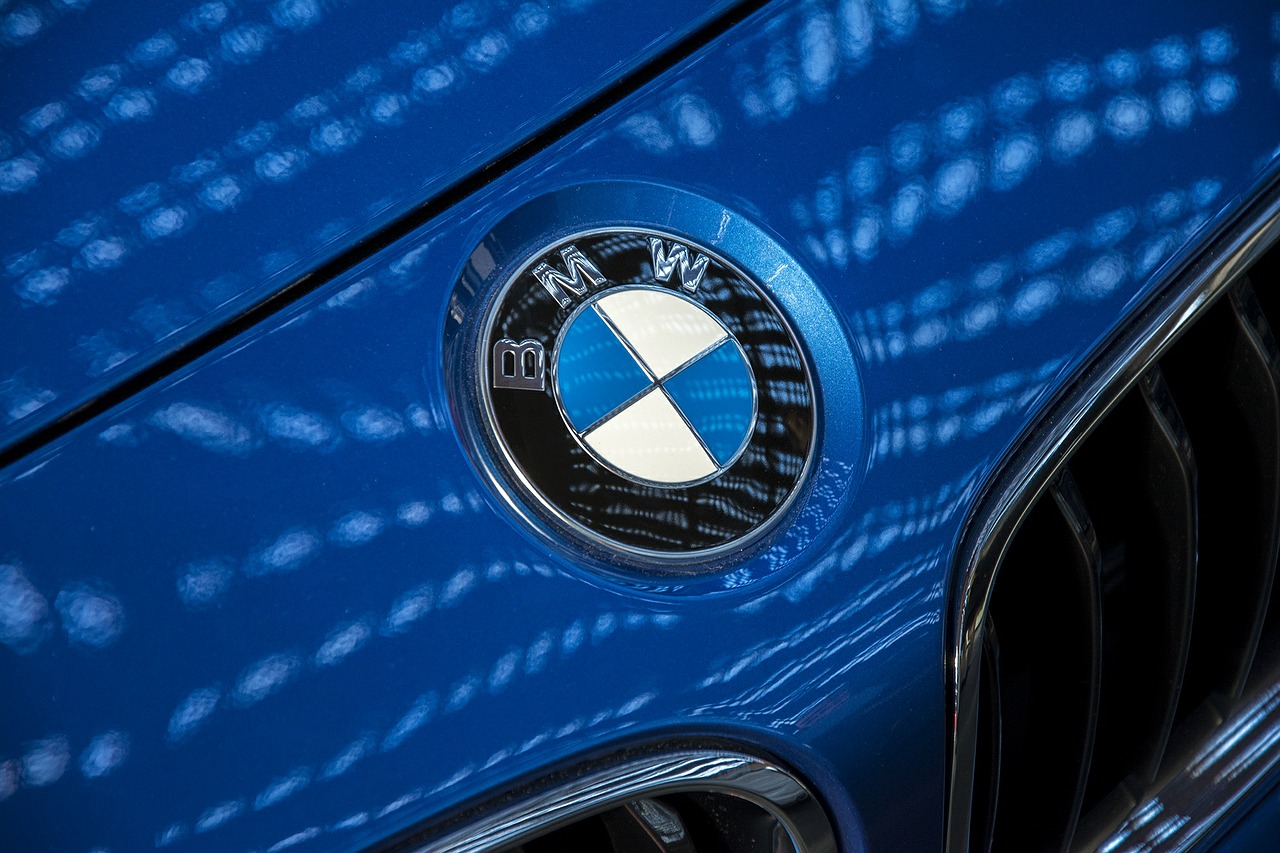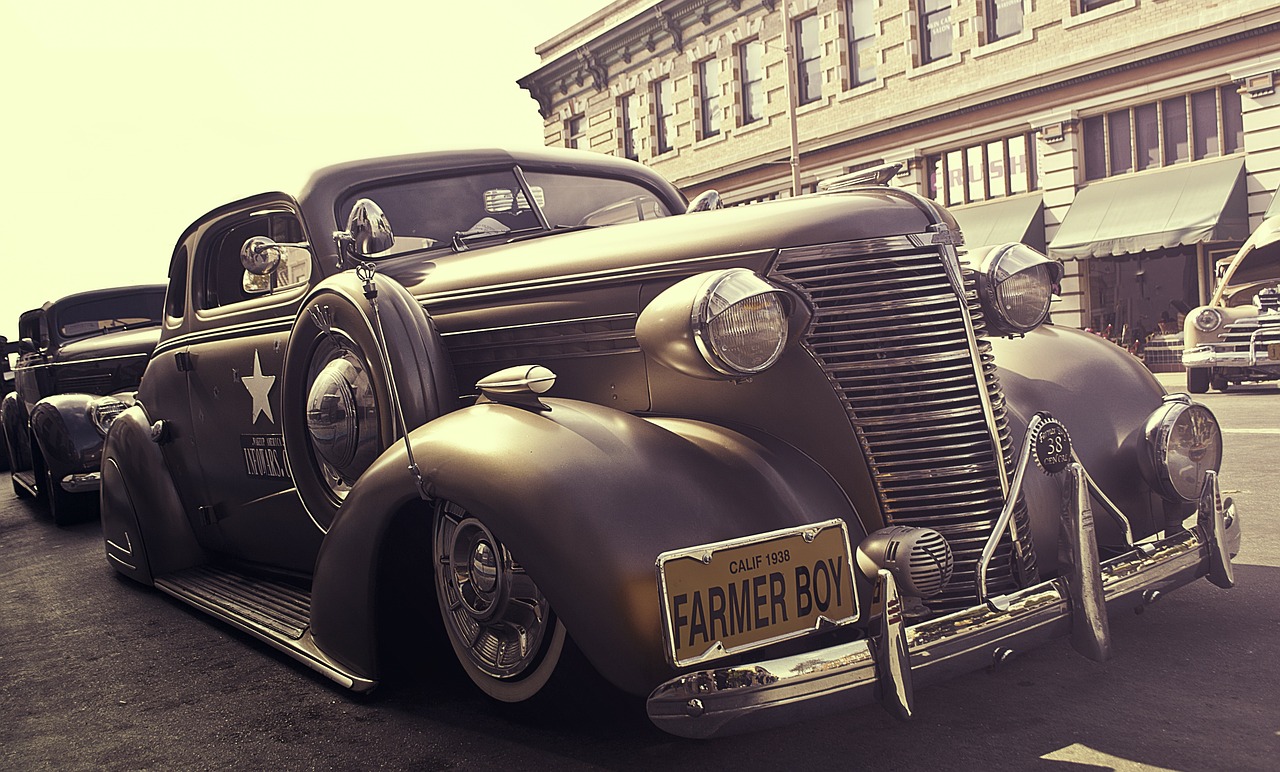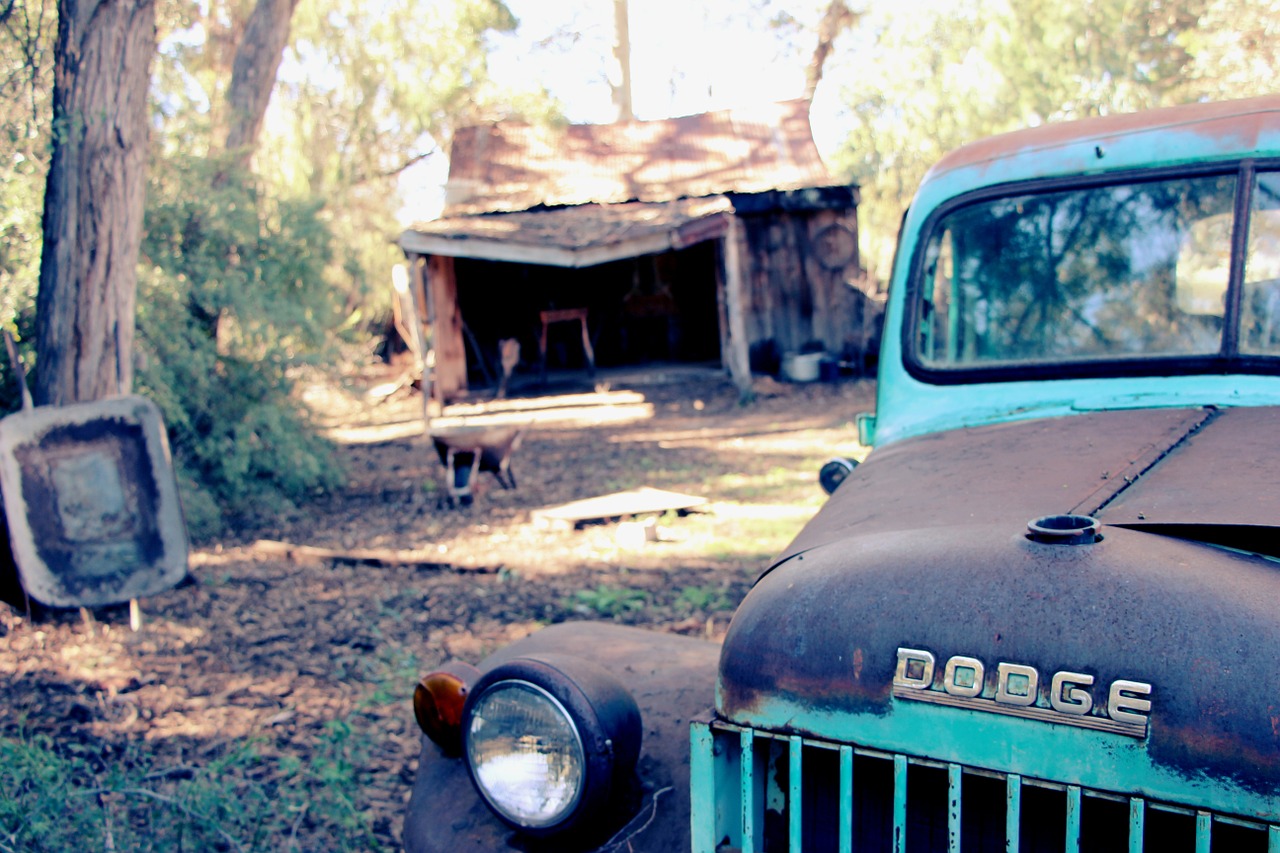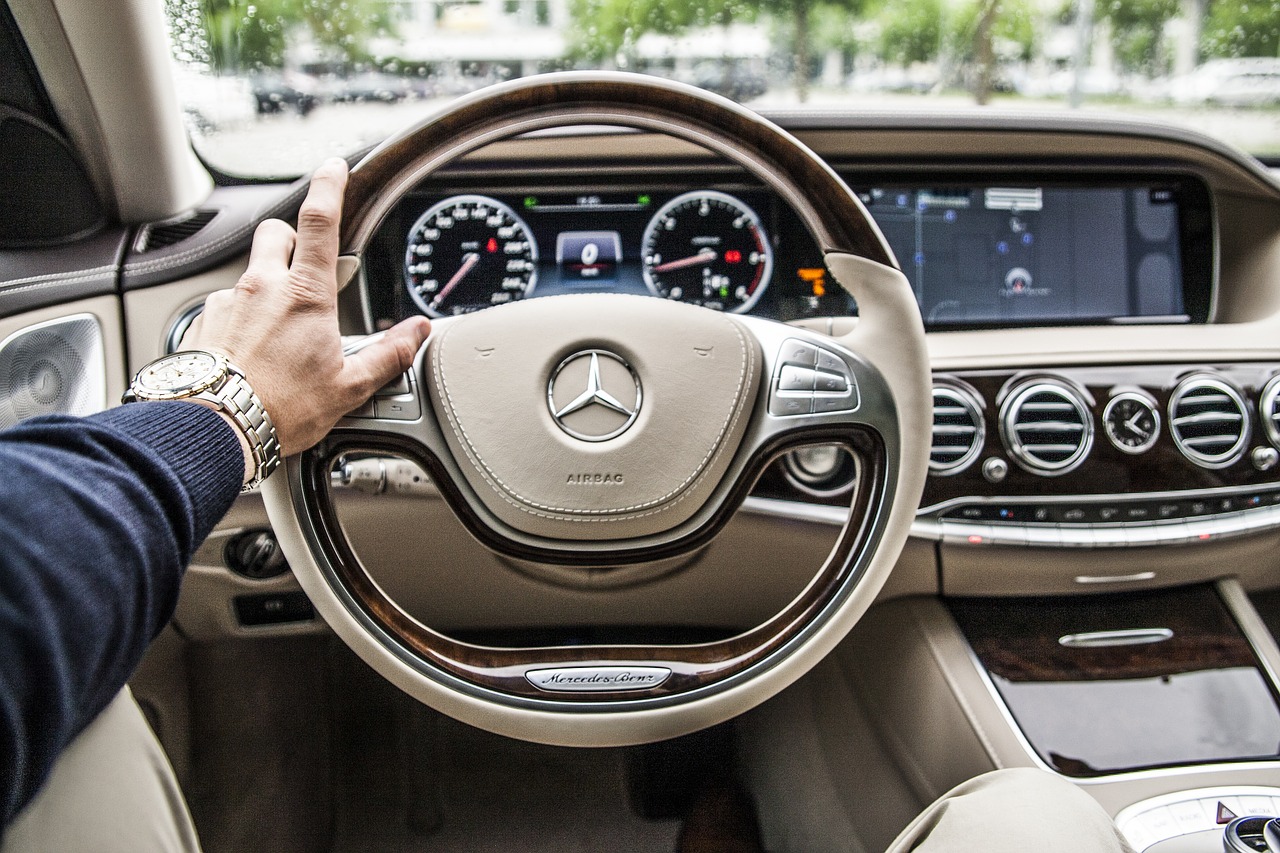When you buy a car, you probably have certain priorities in mind – perhaps the fuel efficiency or carbon emissions, if you’re environmentally minded, or the reliability if you’ll be driving long distances and hate having to tinker and tune up the engine each weekend.
As one of the biggest single purchases anyone is likely to make, the value of a car is another important factor – and that includes your upfront budget when buying the car, and possibly also its resale value later on.
Brand new cars lose their value faster, of course, and if you like to change vehicle regularly, it’s always wise to consider what the market value might be anywhere from 12 to 36 months down the line.
1. Make and Model

Probably the single biggest deciding factor in terms of value is the make and model of the car – it sounds obvious, but it’s worth recognising that it’s the case.
To put it another way, luxury carmakers make luxury cars, from limo-like Bentleys and Rolls-Royces, to sports marques and supercars, and they all cost more than a run-of-the-mill hatchback or saloon.
Just remember, there is a cycle to a car’s value, from its brand-new on-the-road price, through several years of depreciation, before the rarest and most sought-after examples go back up in value as they become collector’s items.
2. Age

That brings us on to age, and it’s not quite as simple as described above – because of course, not all cars are the same age.
In the case of an enduring model like the Ford Fiesta, you’ll want to check how old the car is, and you might find brand-new vehicles with the same make and model on their badge as some with several years of depreciation already off of their price.
3. Mileage

Often closely linked with the age of the car is its mileage, and if the two are vastly different from one another, you might want to check if its registration plate has been changed, or even if the milometer has been all the way around the clock and back to zero.
The difference between this and a car that has genuinely only travelled a few hundred miles in a decade or more is pretty clear, and can be a huge factor in determining how much the car is worth.
4. Aesthetics

It’s not hard to see what holds its value in terms of looks – a sleek profile, sweeping curves and aerodynamics all combine to make an enduring design – so it’s sometimes hard to understand why carmakers come out with bulky, angular shapes in hatchbacks and estates, and even some saloons.
But beyond the shape of the car, aesthetic details such as original paintwork in good condition can boost the value too, compared with panels that have been resprayed at home and don’t quite match.
5. Desire

You can rationalise it for as long as you like: ultimately, if you want a car, you’ll probably pay over the odds to make it yours.
All kinds of vehicles can be objects of desire, just as you might be willing to pay more for your dream home; on a big-ticket item, it feels like less of a sacrifice to add a small percentage to your offer in return for greater confidence that you will be the new owner once the sale is completed.
